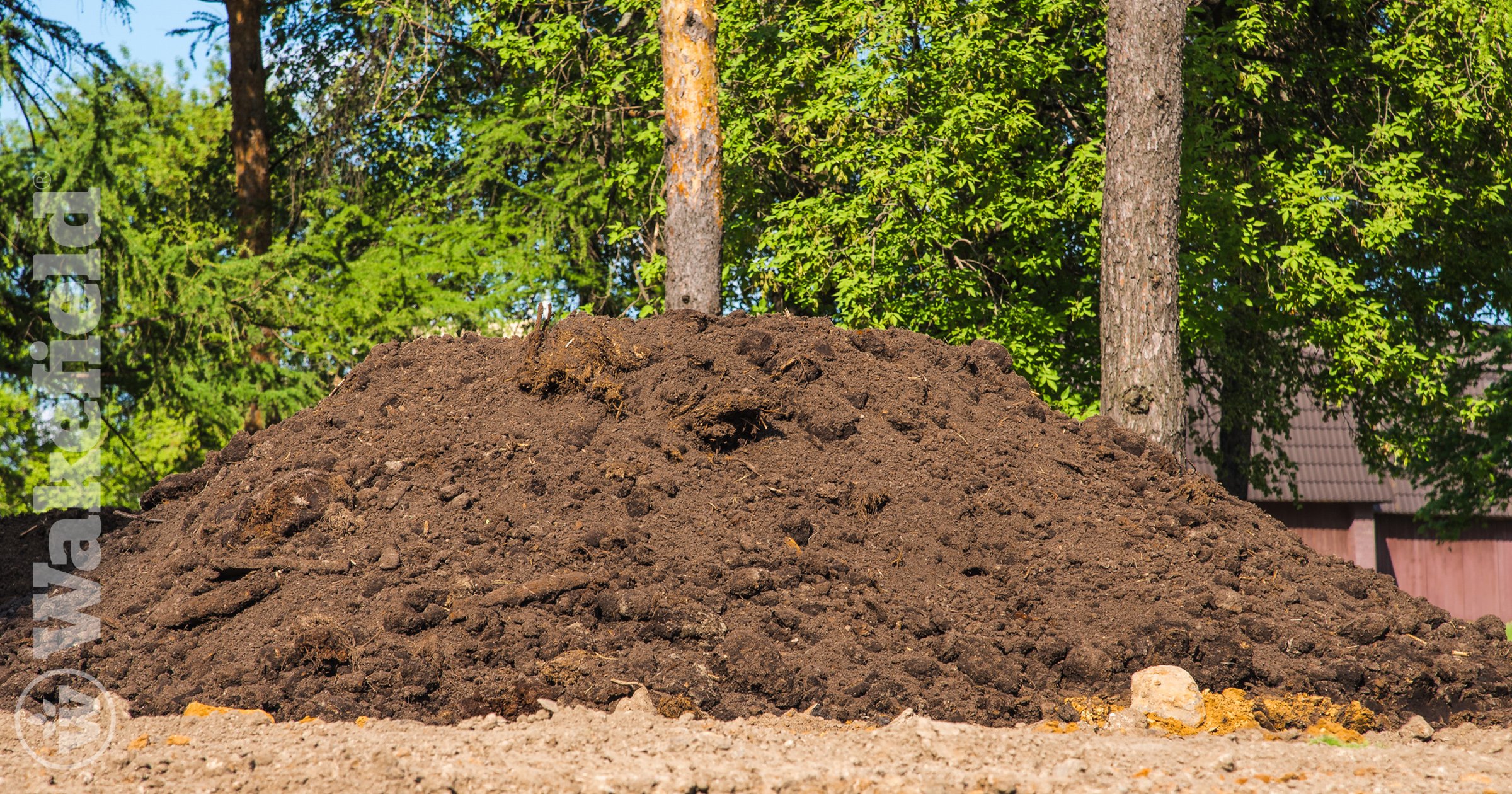How Much Biochar Should You Add to Soil?

Adding biochar to your soil helps your plants thrive, but how much should you add? Your ratio depends on several factors, especially the quality of your soil. It’s essential to buy the right biochar for your soil amendment needs. At Wakefield BioChar, we offer a premium biochar and compost blend containing mycorrhizal fungi to stimulate microbial activity.
Finding the Perfect Biochar to Soil Ratio
Overall, the rule of thumb for a biochar-to-soil ratio is 10 percent of the volume impacting the growing area of the plant.
DIY soil testing kits are readily available, or you can send samples to your county agricultural extension agent. How much biochar per square foot should you use? With most soil types, such as loam, blend 3 to 4 cubic feet of biochar for every 100 square feet to the top 4 inches of soil.
Sand, clay, or other poor soils require more biochar. Consider between 5 to 6 cubic feet of biochar per 100 square feet. Really poor soils need a 50-50 biochar compost mix. Still, consider the rule of 10% biochar by volume of the plantable soil area. That infusion of organic material makes a big difference in soil improvement.
Biochar Ratios by Application
When it comes to how much biochar per square foot, here are the guidelines:
- Container Garden–For a standard 4 x 8-foot raised garden bed, the recommended amount of biochar is one cubic foot bag.
- Transplanting–When transplanting trees and shrubs, consider where the roots will grow and add sufficient biochar so that biochar is about 10 percent of the soil mix in the root zone.
- Flower and Vegetable Garden–Mix biochar into the top 4 to 6 inches of your soil for new plantings. Mix into the garden in late fall or early spring for best results.
- Sodding–Sodding calls for a different biochar approach than establishing or refurbishing a lawn. Use 5 percent biochar by volume for a 2-inch-deep layer before laying down new sod.
Always water for five to seven days after the application to keep the soil moist. You can then add your plantings.
Risks of Over-Application
There is no benefit in applying more biochar than necessary. Adding too much does not further boost soil productivity. Once applied, it remains in the soil for centuries. Additionally, there are risks associated with over-application.
The Radish Study
In 2015, An Assessment into the Effect of Water and Biochar on the Growth of Cherry Belle Radishes was published. This study at the University of Missouri examined the optimum growth conditions for radishes to determine how much Wakefield BioChar should be used by the consumer for gardening or landscaping.
Radishes were chosen because they grow underground. We wanted to know if plants growing underground were positively or negatively affected by different biochar ratios.
The study found that the optimum growth conditions were 25 mL of water daily and 10 percent biochar in the soil. It is hoped that these results will help both large and small-scale farmers improve crop productivity and soil quality, along with mitigating the effects of climate change.
Learn More from Wakefield BioChar
At Wakefield BioChar, we encourage customers to learn more about biochar and how it improves soil fertility. Because it helps to retain water and nutrients, plants enjoy better health and growth. You spend less time watering and fertilizing.
Better Soil. Better World.





